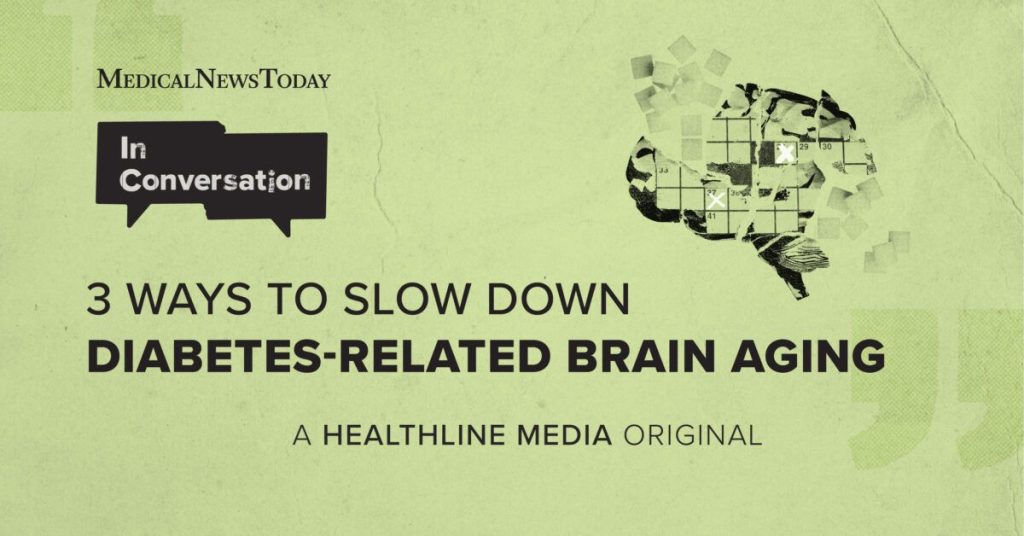Type 2 diabetes is a chronic health condition that affects numerous organ systems in the body, including the heart, eyes, kidneys, and even the brain. Researchers have found evidence that diabetes can lead to faster brain aging, increasing the risk of cognitive decline and conditions such as Alzheimer’s disease. With an estimated 422 million people worldwide diagnosed with diabetes in 2014, and projections indicating that this number will continue to rise, it is crucial to explore ways to prevent or delay the onset of type 2 diabetes and its associated complications.
Research has shown that type 2 diabetes can have a detrimental impact on cognitive health, leading to memory loss, cognitive decline, and an increased risk of dementia. This is concerning as diabetes-related cognitive decline can have significant implications for individuals’ quality of life and long-term health outcomes. Furthermore, the negative effects of diabetes on the brain can contribute to accelerated brain aging, potentially increasing the risk of developing conditions like Alzheimer’s disease.
The good news is that type 2 diabetes can be prevented or delayed through lifestyle interventions. By making changes to their diet, exercise habits, and overall health behaviors, individuals can reduce their risk of developing diabetes and its associated complications. Lifestyle modifications such as maintaining a healthy weight, monitoring blood sugar levels, and staying active can all help to mitigate the impact of diabetes on cognitive health and overall brain aging.
In a recent podcast episode, Medical News Today editors and co-hosts Yasemin Nicola Sakay and Maria Cohut spoke with Dr. Thomas Barber, an associate professor at the University of Warwick and honorary consultant endocrinologist, to discuss ways to slow diabetes-induced brain aging. Dr. Barber shared insights from two recent studies that shed light on potential strategies for offsetting the accelerated brain aging associated with type 2 diabetes. By exploring these findings and discussing the importance of lifestyle interventions, the podcast aims to provide listeners with practical advice and information on managing their diabetes and cognitive health.
The podcast episode addresses key questions surrounding the connection between type 2 diabetes and accelerated brain aging, offering valuable insights into the mechanisms through which diabetes impacts cognitive health. By delving into the latest research findings and discussing the role of lifestyle interventions in mitigating the effects of diabetes on the brain, the podcast equips listeners with the knowledge and resources needed to take control of their health. By promoting awareness of the link between diabetes and cognitive decline, the episode highlights the importance of early intervention and proactive management of diabetes to improve overall long-term outcomes and quality of life.
Ultimately, by exploring the relationship between type 2 diabetes, cognitive health, and brain aging, the podcast episode aims to empower individuals to make informed choices about their health and well-being. Through conversations with experts like Dr. Thomas Barber, listeners can gain valuable insights into the impact of diabetes on the brain and learn practical strategies for managing their condition. By highlighting the importance of lifestyle interventions and proactive health management, the episode promotes a holistic approach to diabetes care and underscores the potential for positive outcomes through early detection, prevention, and treatment.


